
David Spielman
Director, Innovation Policy and Scaling (IPS), Innovation
Policy and Scaling

Back
With research staff from more than 60 countries, and offices across the globe, IFPRI provides research-based policy solutions to sustainably reduce poverty and end hunger and malnutrition in developing countries.

researcher spotlight
Carlo Azzarri is a Senior Research Fellow in the Innovation Policy and Scaling Unit. His work focuses on the relationships among poverty, nutrition, food security, agriculture, the environment, production, and migration—analyzed at both micro and macroeconomic levels, primarily using quantitative methods.

Back
Since 1975, IFPRI’s research has been informing policies and development programs to improve food security, nutrition, and livelihoods around the world.

Back
IFPRI currently has more than 600 employees working in over 80 countries with a wide range of local, national, and international partners.
Food security means that all people, at all times, have physical, social, and economic access to sufficient, safe, and nutritious food that meets their food preferences and dietary needs for an active and healthy life.
Over the coming decades, a changing climate, growing global population, volatile food prices, and environmental stressors will put significant pressure on food security. Adaptation strategies and policy responses to global change—including options for handling water allocation, land use patterns, food trade, postharvest food handling and processing, and food affordability and safety—are urgently needed.
Achieving food security for all is a central goal of IFPRI’s policy research, which prioritizes meeting critical nutritional needs (including dietary diversity and micronutrients) for human well-being and development.
At the global level, our work looks at how trade and investment can increase food security sustainably. At the national level, our researchers use foresight and policy modeling tools to inform decision-makers and stakeholders on policies and investments that can contribute to food security by reducing poverty and boosting productivity sustainably. Researchers also conduct analysis of innovations to make food value chains more efficient (including by reducing food loss and waste) and programs intended to support food security, including social protection programs, to determine what works in particular national contexts. IFPRI also looks for ways to improve monitoring and analysis of food crisis risks, link humanitarian and developmental responses when addressing food crises, promote adoption of sustainable agricultural technologies and building resilience to shocks, which can promote food security, and at managing trade-offs, such as balancing the nutritional benefits of meat against the ecological costs of its production. Analysis of crisis response and impacts of migration also focuses on how policy responses can reduce food insecurity and contribute to sustainable development in fragile situations.IFPRI’s research on this topic is closely aligned with the Sustainable Development Goals (SDGs), including SDG 1, SDG 2, and SDG 3, and the CGIAR Impact Areas Nutrition, Health, and Food Security; Poverty Reduction, Livelihoods, and Jobs; and Gender Equality, Youth, and Social Inclusion.


Journal Article

Journal Article
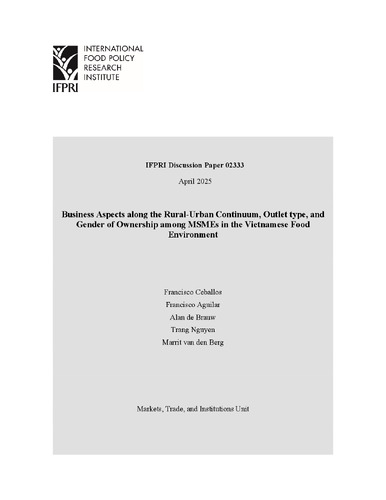
Working Paper

Pandemic and Ukraine crisis impacts linger.
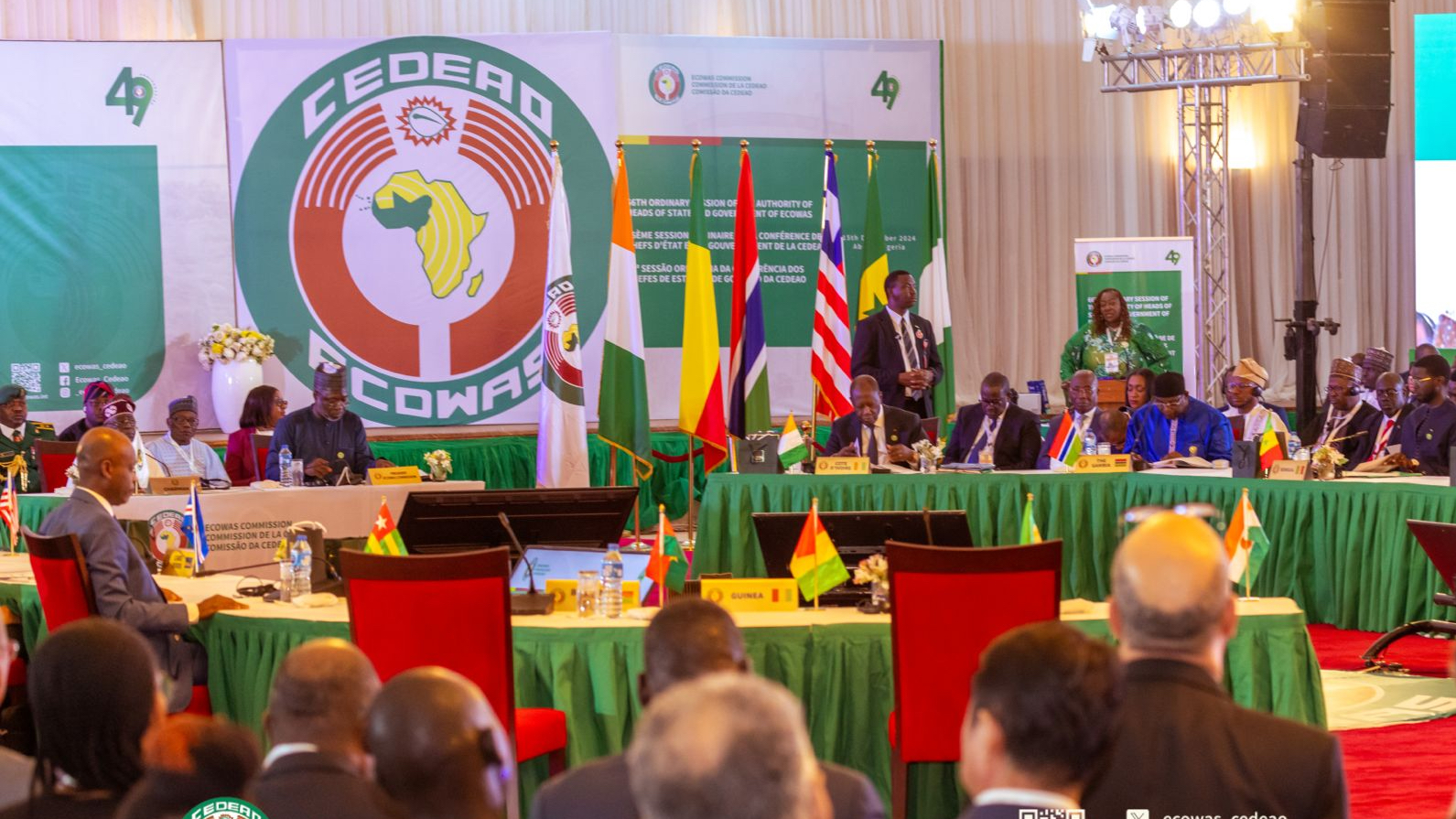
Facing the “Sahelexit.”
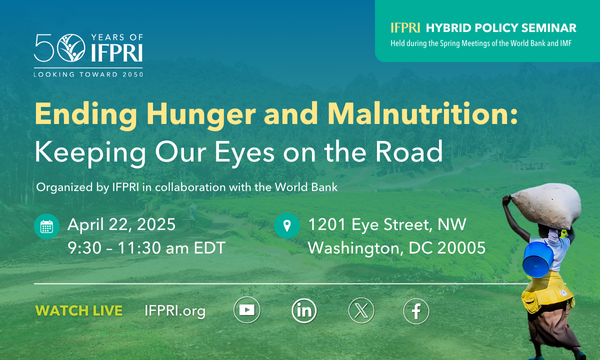
Also streaming on We hope to see many of you in person for this event. Presentation: 9:30am–12:00pm EDT | Lunch reception to follow. Please type your questions into the chat box with name, affiliation, and country. The event video, presenter slides, and podcast will be available in the days following the event. While global agricultural […]
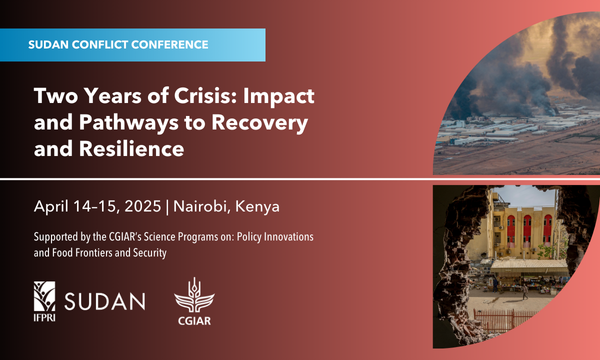
Day 2: Sudan Conflict Conference | April 15, 2025 Day 1: Sudan Conflict Conference | April 14, 2025 The Sudan conflict, now entering its third year, continues to devastate the country’s socioeconomic fabric. As of January 2025, more than 8.8 million people were internally displaced, and over 3.3 million had sought refuge in neighboring countries. […]
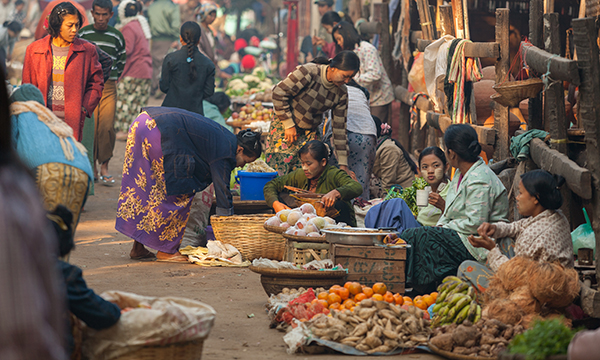
Machine learning is transforming agricultural and food security research, enabling more accurate and timely insights. The International Food Policy Research Institute (IFPRI) is advancing data-driven approaches in various domains, including crop-type mapping, maize yield estimation, and boat detection. These innovations demonstrate the potential of machine learning in addressing complex challenges and informing policy decisions. A […]
The International Food Policy Research Institute (IFPRI) is pleased to announce that Steven Were Omamo has been appointed IFPRI’s Director for Africa. Dr. Omamo will also continue to serve as IFPRI’s Director of the Development Strategies and Governance Unit (DSG). Based in IFPRI’s Nairobi, Kenya office, Omamo joined IFPRI in October 2024. “We are delighted […]
School meal programs don’t just ensure children go to school and stay fed — they are a powerful force for change in communities and food systems worldwide. According to the results of the latest Global Survey of School Meal Programs© conducted by Global Child Nutrition Foundation (GCNF), school meal programs can increase demand for nutritious […]
IFPRI, CGIAR NEXUS Gains Initiative, and Uganda’s National Agricultural Research Organization undertake a long-term, gender-disaggregated soil health survey in Uganda.

Director, Innovation Policy and Scaling (IPS), Innovation
Policy and Scaling

Director, Foresight and Policy Modeling (FPM), Foresight
and Policy Modeling

Research Analyst, Innovation
Policy and Scaling

Senior Research Fellow, Nutrition,
Diets, and Health
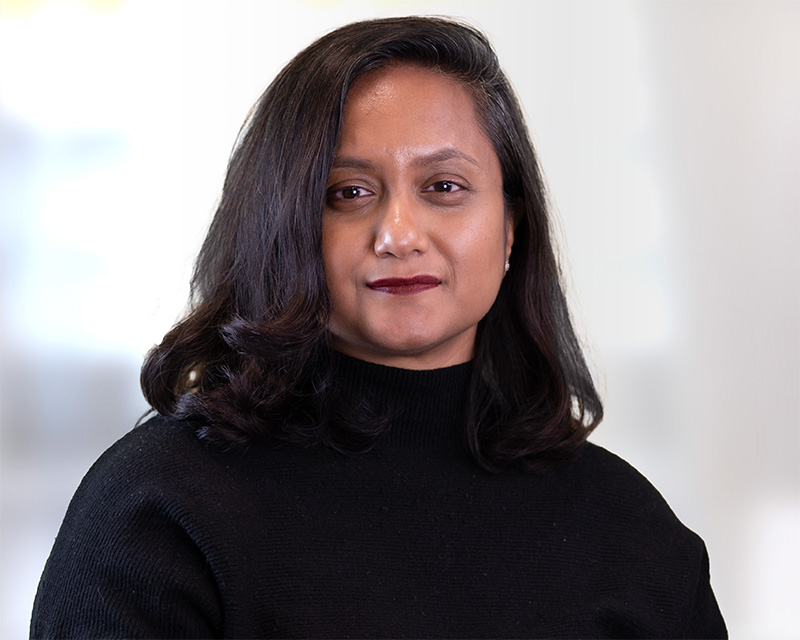
Research Fellow, Nutrition,
Diets, and Health

Research Analyst, Development
Strategies and Governance

Research Analyst, Development
Strategies and Governance

Project Manager, Development
Strategies and Governance

Program Manager, Development
Strategies and Governance

Scaling Specialist, Innovation
Policy and Scaling

Program Manager, Markets,
Trade, and Institutions

Nonresident Senior Fellow, Markets,
Trade, and Institutions
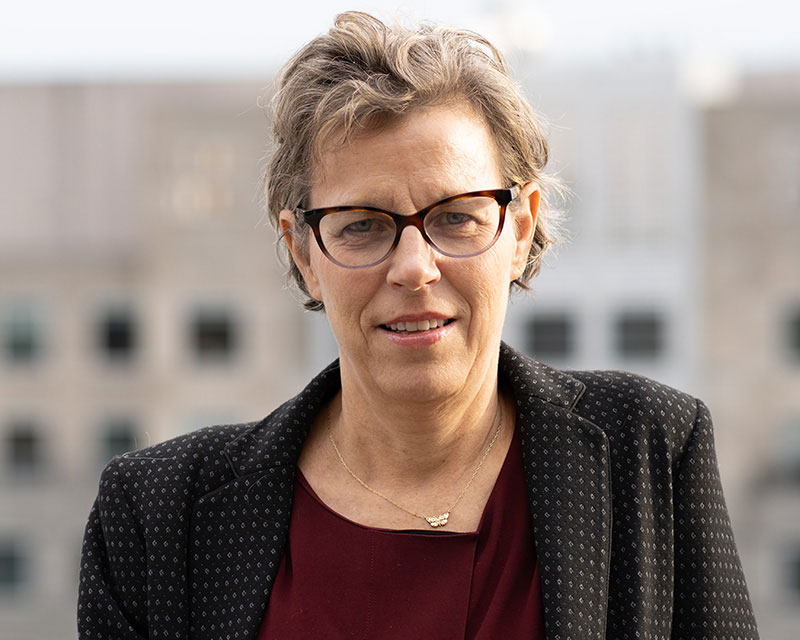
Director of Communications and Public Affairs, Communications
and Public Affairs (CPA)